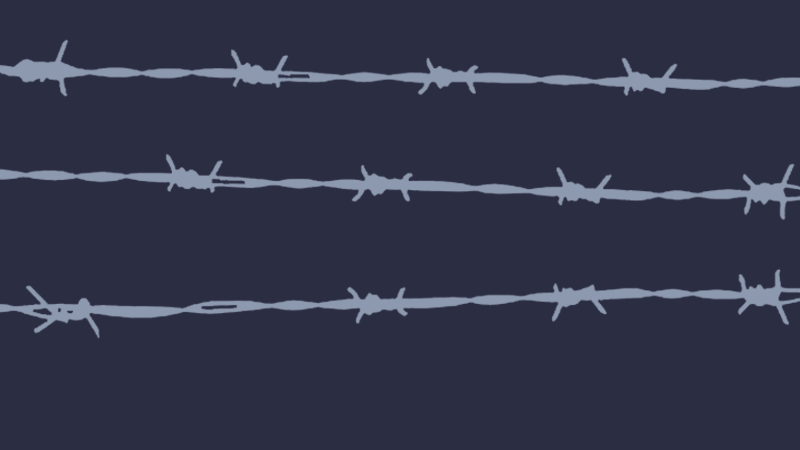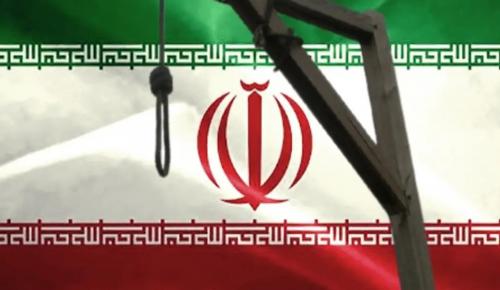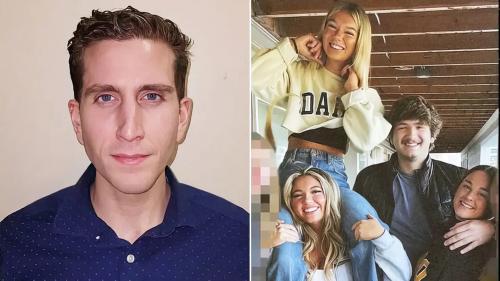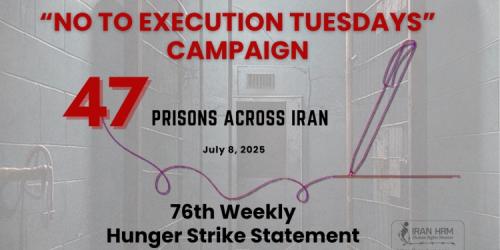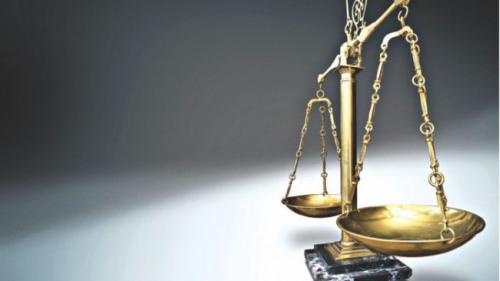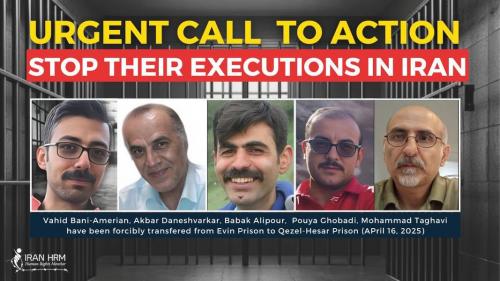24 June 2004 :
Indian intellectuals were leading protests against capital punishment after a hangman came out of retirement to prepare for the first execution in Calcutta for more than a decade. Dhananjoy Chatterjee was due to be executed for raping a 14-year-old girl and then smothering her to death in 1990. A host of leading Indians spoke out against the impending execution, including the writers Mahasveta Devi and Narayan Sanyal, the dramatist Bibhas Chakraborty and the historian Gautam Bhadra. None expressed any doubt about Chatterjee's guilt, but they spoke out against the principle of the death penalty.Sunil Ganguly, a popular Bengali writer, said: "My view is that capital punishment should be abolished because it's barbaric. The law should find out some other strong punishment for this kind of crime."
"The man should be given the severest punishment, other than death," said Aparna Sen, a film director and former actress. "I'm against capital punishment because violence cannot be met with violence."
The most notorious execution in India was that of Nathuram Godse, the man convicted of assassinating Mahatma Gandhi, who was left suspended from the rope for 15 minutes before he died in a bungled hanging.
Godse was executed despite the fact that Gandhi had spoken out against capital punishment, saying: "I cannot in all conscience agree to anyone being sent to the gallows. God alone can take life because he alone gives it."


